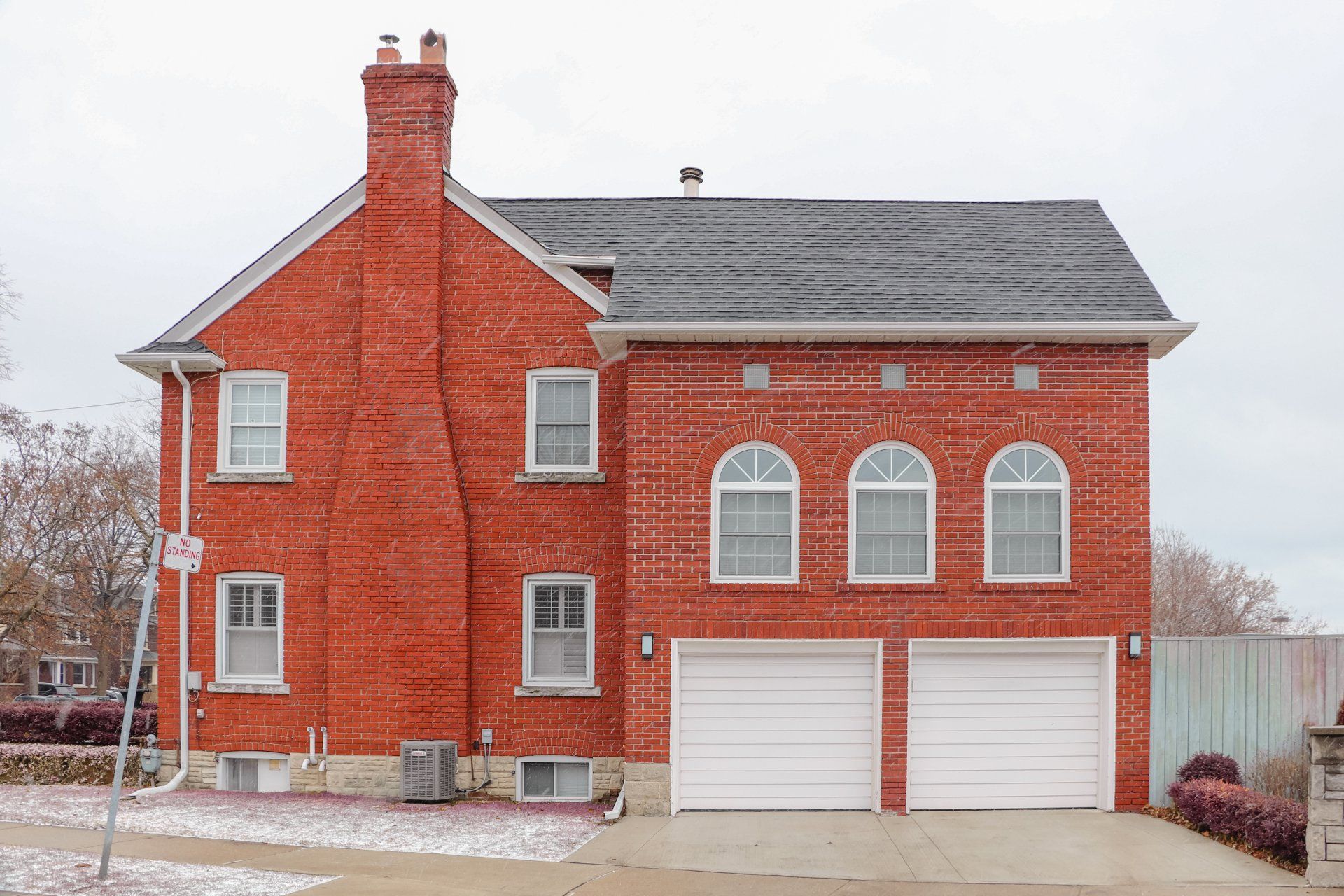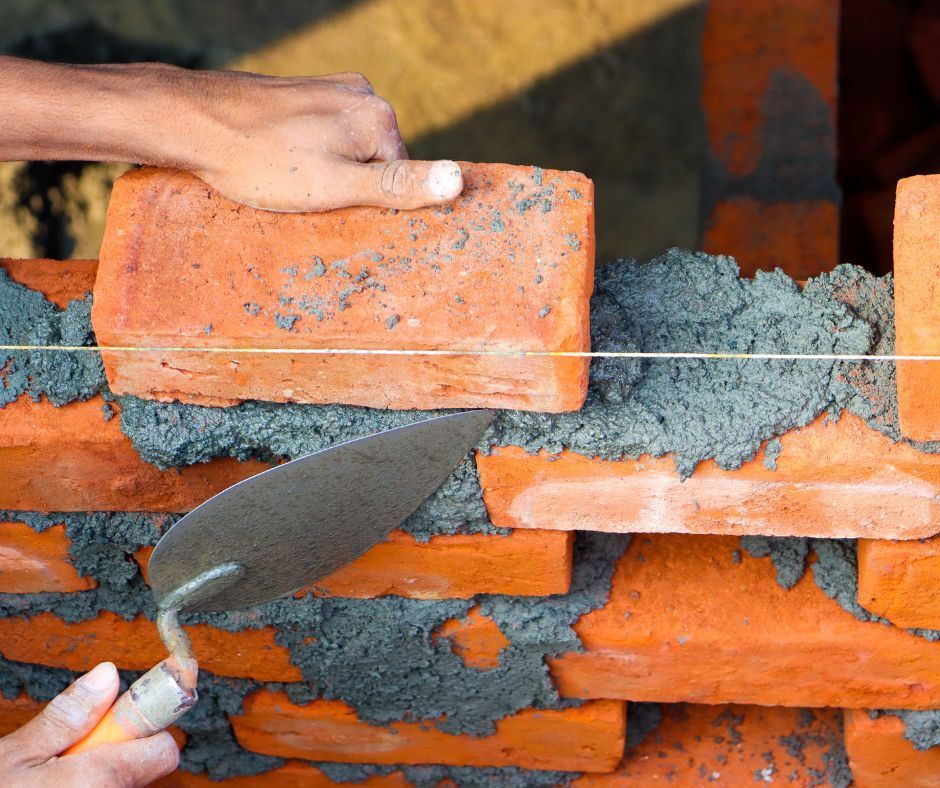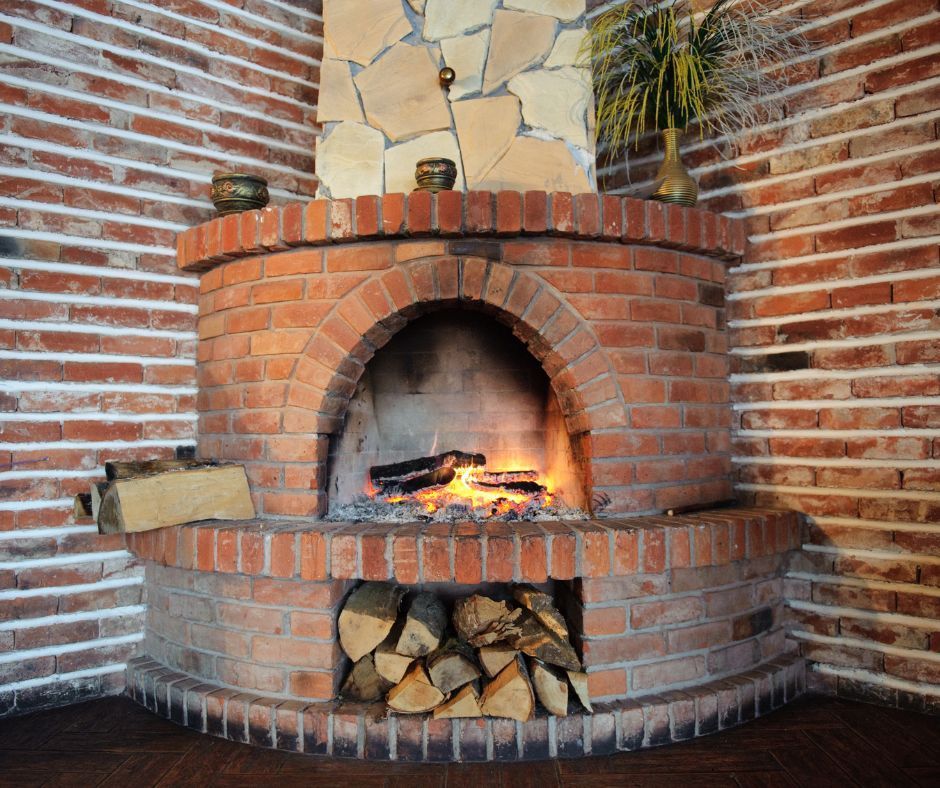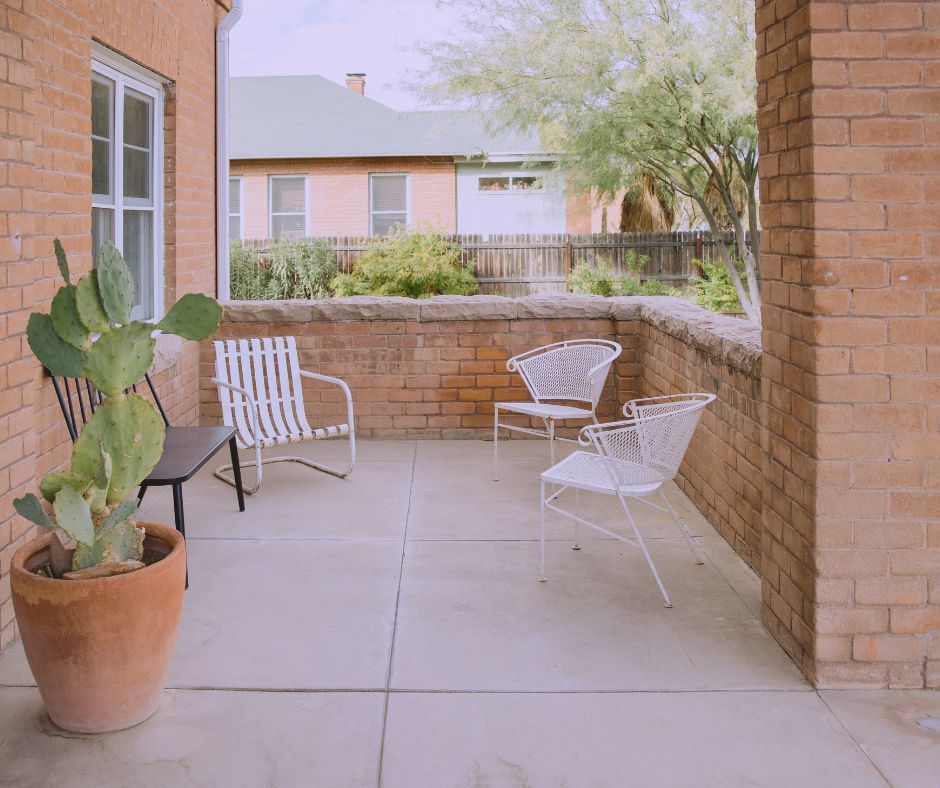Knowing How Often Do You Need to Repoint a Brick House
"How often do you need to repoint a brick house?" is a common question a homeowner may ask to properly maintain their property.
Maintaining the structural integrity and timeless charm of brick houses is essential for homeowners seeking to preserve the value and longevity of their property. One crucial aspect often overlooked is the regular repointing of brickwork.
Repointing involves renewing the mortar joints between bricks, which can deteriorate over time due to weathering, moisture, and general wear and tear. Neglecting to repoint can lead to serious structural issues, including water infiltration, mould growth, and even compromised stability.
That’s why, in this blog post, we will explore the significance of how often you need to repoint a brick house and the signs that indicate when repointing is necessary. Understanding repointing can help homeowners better appreciate its role in preserving the beauty and durability of their brick homes and incorporate repointing into their home maintenance routine to safeguard their investment.

Factors in Knowing How Often Do You Need to Repoint a Brick House
Several factors play a role in determining how often you should consider repointing a brick house. Understanding these factors can help homeowners gauge when it's time to schedule this essential maintenance task. These factors include:
Age of the House
The age of the house directly influences the condition of the mortar joints, as older structures are more likely to experience deterioration over time, necessitating more frequent repointing.
Climate
Extreme weather conditions, such as heavy rainfall, can accelerate mortar deterioration, requiring more frequent repointing in regions with harsh climates.
Exposure to Elements
Houses exposed to direct sunlight, high winds, or proximity to the ocean are more susceptible to mortar erosion. This factor often necessitates more frequent repointing to maintain structural integrity.
Quality of Previous Repointing Work
Poorly executed previous repointing jobs may require more frequent maintenance to address issues such as improper mortar composition or inadequate joint filling.
Type of Mortar Used and Bricks Used
The type of mortar and bricks used in construction can impact durability. With softer mortar or porous bricks, it requires frequent repointing compared to sturdier materials.
Structural Movement
Houses experiencing significant structural movement due to factors like settling or earthquakes may require more frequent repointing to address mortar joint damage caused by shifting.
Maintenance History
Regular maintenance, including regular repointing, can prolong the lifespan of mortar joints, whereas neglected upkeep may lead to more frequent and extensive repointing needs.
Local Building Codes and Regulations
Compliance with local building codes and house brick repointing regulations may mandate specific repointing intervals, depending on factors such as historical preservation requirements or environmental considerations.
Tips on Knowing How Often You Should be Repointing Brick House
By following these practical tips, homeowners can better gauge the condition of their brickwork and determine when repointing a brick house is necessary.
Tip #1: Regular Visual Inspections
Take time to visually inspect the exterior brickwork, paying close attention to mortar joints for signs of cracked bricks, gaps, or deterioration. Conduct these inspections on a regular basis.
Tip #2: Check for Weathering
Examine the mortar joints for signs of weathering, such as crumbling or fretting mortar. Areas exposed to harsh weather conditions may deteriorate faster and require more frequent repointing.
Tip #3: Monitor for Moisture Infiltration
Keep an eye out for any signs of moisture infiltration inside the house, such as damp walls or mould growth. These could indicate compromised mortar joints that require immediate attention.
Tip #4: Consider the Age of the House
Older homes may require more frequent repointing due to the natural ageing process of mortar joints. Factor in the age of your house when determining the frequency of inspections and maintenance.
Tip #5: Stay Proactive
Address any issues with mortar joints promptly to prevent further deterioration and potential structural damage. Proactive maintenance can extend the lifespan of your brickwork and minimise the need for extensive repairs.
Tip #6: Follow Local Guidelines
Familiarise yourself with local building codes and guidelines regarding the maintenance of brick structures. Some regions may have specific guidelines for repointing intervals based on climate and historical considerations.
Tip #7: Schedule Professional Inspections
Arrange for annual inspections by a qualified repointing contractor who can provide a comprehensive assessment of the brickwork's condition and recommend repointing if necessary.
Consult with a Professional House Brick Repointing Expert
When it comes to ensuring the longevity and structural integrity of your brick house, consulting with a professional house brick repointing expert is important. Keystone Pointing stands out as a go-to local specialist in brick repointing and restoration services.
By consulting with our team of experts, homeowners can gain a deeper understanding of their repointing needs and receive tailored repointing solutions and the most effective course of action.
Whether it's addressing minor deterioration, tuckpointing projects, or undertaking extensive heritage restoration work, we guarantee that every project is executed to the highest standards of quality and craftsmanship.
Your home deserves nothing less than the best, so
schedule a consultation with us today to safeguard your investment!



